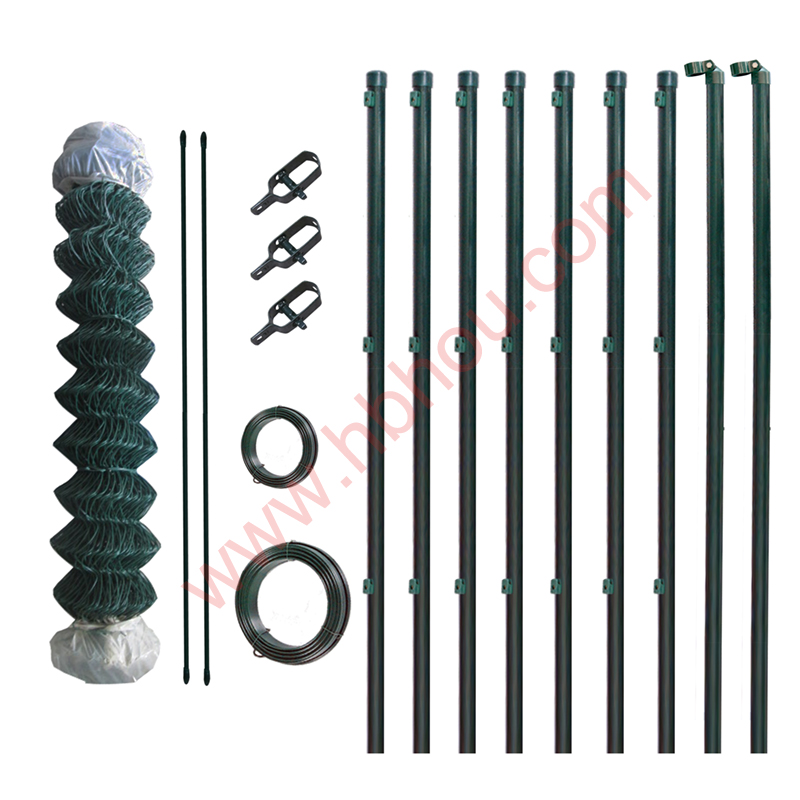Understanding the Cost of Gabion Walls A Comprehensive Guide
Gabion walls have gained popularity as an effective and visually appealing solution for erosion control, landscaping, and retaining purposes. Composed of wire mesh cages filled with stones, these walls provide both strength and aesthetics, making them a preferred choice for many construction and landscaping projects. However, one critical aspect that anyone considering a gabion wall should evaluate is the overall cost. This article will delve into the factors influencing the cost of gabion walls, provide a cost breakdown, and offer tips for budget management.
Factors Influencing Gabion Wall Costs
1. Material Costs The primary components of a gabion wall are the wire mesh and the stones. Prices can fluctuate based on the type and quality of materials chosen. For instance, galvanized steel mesh may cost more but offers greater durability compared to PVC-coated options. Similarly, locally sourced stones can reduce transport costs, while more exotic stone types could significantly increase overall expenditure.
2. Wall Size and Height The dimensions of the wall are critical in determining the total cost. The larger the wall—both in length and height—the more materials will be required, which directly affects the overall budget. For standard projects, the price per square foot typically decreases with increased wall size, although the initial investment will still be higher.
3. Labor Costs Constructing a gabion wall requires skilled labor for proper installation. Labor costs can vary depending on the region, complexity of the project, and the experience level of the workers. Generally, hiring professionals is advisable to ensure that the wall is structurally sound and aesthetically pleasing.
4. Site Preparation Before constructing a gabion wall, site preparation may be necessary. This could involve clearing vegetation, leveling the ground, and ensuring proper drainage. These preliminary steps might add to the overall cost, depending on the current condition of the site.
5. Design and Engineering Depending on the intended use of the gabion wall—be it for retaining earth, creating a decorative landscape feature, or controlling erosion—engineering may require specialized designs. If the project exceeds standard requirements, hiring an engineer can increase costs significantly but may be essential for safety and effectiveness.
Cost Breakdown
On average, the cost of installing a gabion wall can range from $30 to $100 per square foot. Here’s a detailed breakdown to provide a clearer picture
gabion wall cost

- Material Costs Expect to pay approximately $10 to $50 per square foot for the gabion baskets themselves, depending on the material quality and thickness. Stone filling can range from $10 to $25 per cubic yard.
- Labor Costs Labor can generally account for 30% to 50% of the total project cost, often varying between $15 and $60 per hour based on location and complexity.
- Site Preparation and Additional Work Site work may add another $5 to $20 per square foot, depending on how much preparation is needed.
Budget Management Tips
1. Obtain Multiple Quotes When hiring contractors, it’s wise to get at least three quotes. This ensures you understand the market rate and find a balance between cost and quality.
2. Work with Local Suppliers To cut down on material costs, source your stone and materials locally. This can sometimes eliminate shipping fees and contribute to lower overall costs.
3. Consider DIY If you have construction experience, consider a DIY approach for installation. While it may still require some assistance for heavy lifting, this can save a significant portion of labor costs.
4. Plan for the Future While gabion walls are generally durable, consider future maintenance and repair costs. Investing in higher quality materials initially may help avoid unexpected expenses down the line.
Conclusion
Gabion walls can offer significant benefits in terms of aesthetics and functionality for various landscaping and structural needs. By understanding the factors that contribute to their cost and planning accordingly, you can manage your budget effectively. Whether you're considering a small decorative wall or a large retaining structure, ensuring you are well-informed will lead you to a successful project that fits your budget and meets your needs.
















